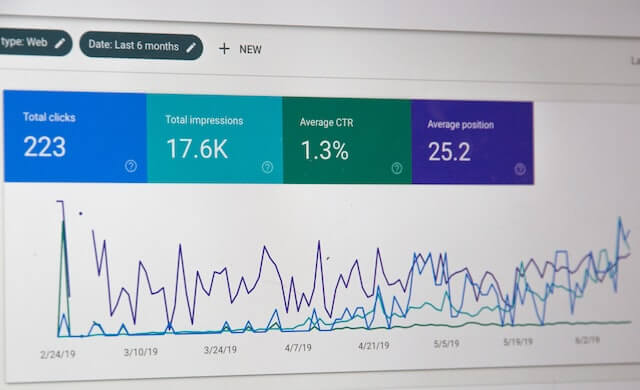Are you preparing for a Google Analytics exam and came across this question, ‘why do search ad extensions matter?’ That’s a common question in such an exam or interview, and you should be fully prepared to answer it correctly.
When this kind of question comes up, typical options that usually follow are:
- The cost-per-click on ad extensions is lower than on a search ad headline
- They guarantee higher engagement for advertisers
- They increase ad quality and drive lower conversion costs
- They increase engagement and influence ad quality
Here, the correct answer is ‘They increase engagement and influence ad quality. In this article, we will further break this down to help you see why this option is the correct answer to the question.
Why Do Search Ad Extensions Matter?
Search ad extensions matter because they provide additional information about a business or product to potential customers. This can include things like reviews, location, phone number, or additional links to specific pages on a website.
By providing this additional information, ad extensions can increase the visibility and click-through rate of an ad, which can ultimately lead to more engagement and conversions on the ad campaign.
Additionally, ad extensions can also help to improve the overall user experience by making it easier for users to find the information they are looking for. So, looking at the options stated under the question, the correct answer is that it increases engagement and influences ad quality.
Now, let’s take a deeper dive to see what ad extensions are and how they work.
What Are Search Ad Extensions?
Search ad extensions are additional pieces of information that can be added to a text ad in a search engine marketing campaign. These extensions provide users with more detailed information about a business or product, and can be used to increase engagement and influence the quality of an ad. Examples of common search ad extensions include:
- Sitelink extensions: these are links to specific pages on a website, such as a “Contact Us” page or a page for a specific product or service.
- Call extensions: these allow users to click a phone number in the ad to call the business directly.
- Location extensions: these show the business’s address and phone number, and may include a map to the business’s location.
- Review extensions: these include a snippet of a third-party review of the business.
- App extensions: these allow users to download an app directly from the ad.
- Callout extensions: these are short text blocks that can be used to highlight specific features or promotions of a business or product.
Why Do Search Ad Extensions Matter; How Do They Work?
Search ad extensions work by providing additional information about a business or product to users who see an ad. When an ad is served to a user, the search engine will also check if there are any ad extensions associated with the ad. If there are, the extensions will be displayed along with the ad.
For example, if a user searches for “pizza delivery” and an ad for a local pizzeria has a location extension, the user will see not only the text ad but also the address and phone number of the pizzeria, and potentially a map with the location. The user can then decide to call the pizzeria or visit the website.
Search ad extensions can be added to an ad campaign through the ad platform’s interface. You can decide to choose which extensions you want to use and create them with the necessary information. Ad extensions are usually managed separately from the ad itself and can be set up, edited, or removed at any time.
What Are the Things to Bear in Mind When Using Search Ad Extensions?
When using search ad extensions, there are several things to keep in mind to ensure that they are effective and provide a positive user experience.
#1: Ensure that ad extensions are relevant to the ad and the user’s query
First, it is important to ensure that the ad extensions are relevant to the ad and the user’s query. For example, if the ad is for a local pizzeria, a location extension would be appropriate, whereas an extension for a mobile app would not be as relevant.
#2: Ensure accurate information in the extensions
Another thing to bear in mind is that the information provided in the ad extensions must be accurate and up-to-date. If a location extension includes an outdated phone number, users will not be able to contact the business.
#3: Avoid repetitive or redundant information
It’s also important to make sure the extensions are not too repetitive or redundant with the ad itself. Ad extensions should provide additional information and context, not repeat the same information as the ad.
#4: Test and monitor the performance of the ad extensions
You should test and monitor the performance of ad extensions to understand how they are impacting the overall performance of the ad campaign. This can be done by measuring the click-through rate and conversion rate of the ad with and without the extension and making adjustments accordingly.
#5: Properly set up and format the extensions
Finally, you should also ensure that the extensions are properly set up and formatted based on the platform’s guidelines. This way, you can be sure that your ad extensions are displayed correctly and are not creating any confusion for the user.

